Description
Expanding on her work, Islam: The Empowering of Women, this dictionary is a comprehensive reference source of Muslim women throughout Islamic history from the first century AH to roughly the middle of the thirteenth century AH. A perusal of the entries shows that Muslim women have been successful as, for example, scholars and businesswomen as well as fulfilling their roles as wives and mothers for the past fourteen centuries. This is a most timely work in this age of limiting perspectives.
Introduction
This book originally came about as a response to frequent requests to provide some sources about women scholars. When I went through my biographical references, I was surprised by the number of references to women, and the great number of women represented in all areas of life, from scholars to rulers, whether regents or women who ruled in their own right, or women who wielded substantial political influence. This led to the decision to compile a larger source of reference of Muslim women, and, given modern views of women in Islam, it gives us a surprising picture of just how active women have been in the history of Islam from the very beginning up until the present time.
The dictionary covers the period from the time of the Prophet, may Allah bless him and grant him peace, to roughly the middle of the thirteenth/nineteenth century, although a few entries are a little later than that. It is noticeable that the number of entries does go down in recent times. There is, as I have noted elsewhere, a field of study yet to be covered on how much the current status of women among Muslims was due to the influence of Western attitudes towards women, and in particular, towards Muslim women, which the Muslims then reacted to, amounting to an adoption of the Western preconception of how Muslims viewed women. Historically, with the exception of earlier accounts of journeys, Westerners really started to write about Islam in the colonial period, a period in which the Western attitude towards women was that they were the weaker, inferior sex. We find French colonial authorities excluding women from teaching in the mosques and I have spoken to older women who remember this happening and objecting to women in positions of authority. Hence the lens through which the West viewed Muslim women was already a distorted one.
As we can see by a perusal of the entries, the role of Muslim women was by no means confined to house and home. They were active in many fields. This is not a question of either/or. It is a question of many roles, all intermeshed and interlocking, rather than separate categories. A business woman is still a mother and a scholar is still a wife. Women simply learn to juggle things more, but that is something at which women are very good at doing, as can be seen by the entries.
The entries are compiled from a number of sources. Many of the biographical collections devote a section to women, like volume eight of the Tabaqat of Ibn Sa‘d and al-Sakhawi’s Kitab an-Nisa. Sometimes references are found within biographies of other references. A number of notable scholars mention their teachers, who included a number of women. Ibn Hajar studied with 53 women, as-Sakhawi had ijazas from 68 women, and as-Suyuti studied with 33 women a quarter of his shaykhs. Al-Aghani by Abu l-Faraj al-Isbahani is the major source for singers. An excellent modern source is A‘lam an-Nisa by Umar Rida Kahhala, which consists of five volumes dealing with notable women, and is by no means inclusive.
There are various major categories covered in the dictionary. One consists of the women Companions of the Prophet. The second major category consists of women scholars, especially hadith transmitters. Here I should mention that there are over 800 women hadith scholars and transmitters whom I have not included. Then there are also women rulers or women with great political influence, and then Sufis.
Aisha Bewley
Aisha Bewley is the translator of a large number of classical works of Islam and Sufism, often in collaboration with Abdalhaqq Bewley, notably The Noble Qur’an – a New Rendering of Its Meanings in English; Muhammad, Messenger of Allah – the translation of Qāḍī ‘Iyāḍ’s ash-Shifā’; the Muwaṭṭa’ of Imam Mālik ibn Anas; and Imam an-Nawawī’s Riyāḍ aṣ-Ṣāliḥīn. She is the author of a number of books including Democratic Tyranny and the Islamic Paradigm and Islam the Empowering of Women.

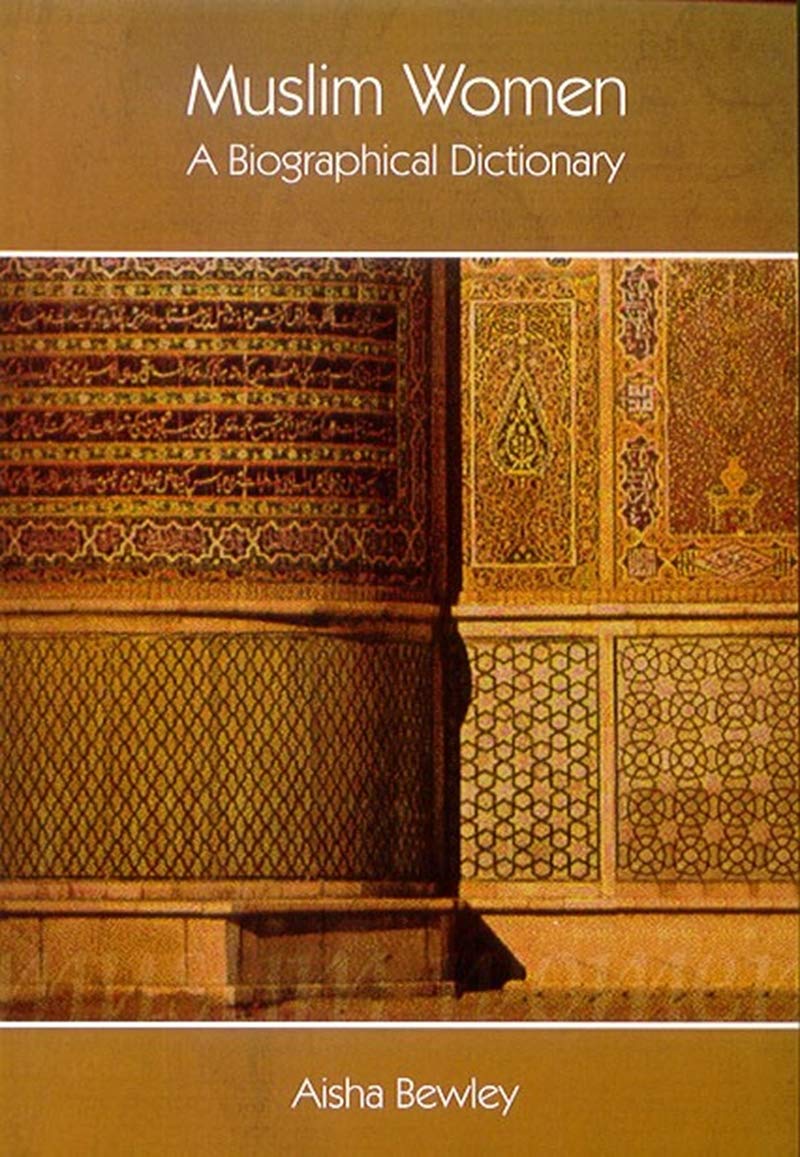
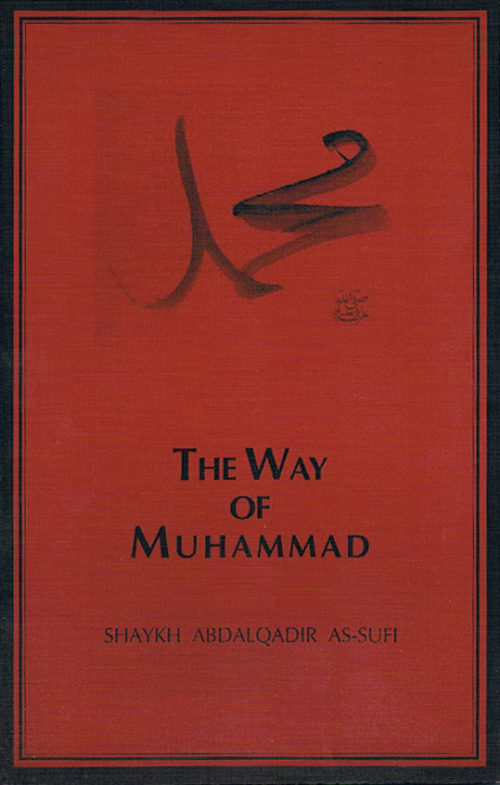
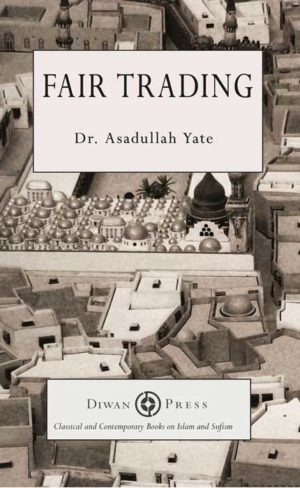
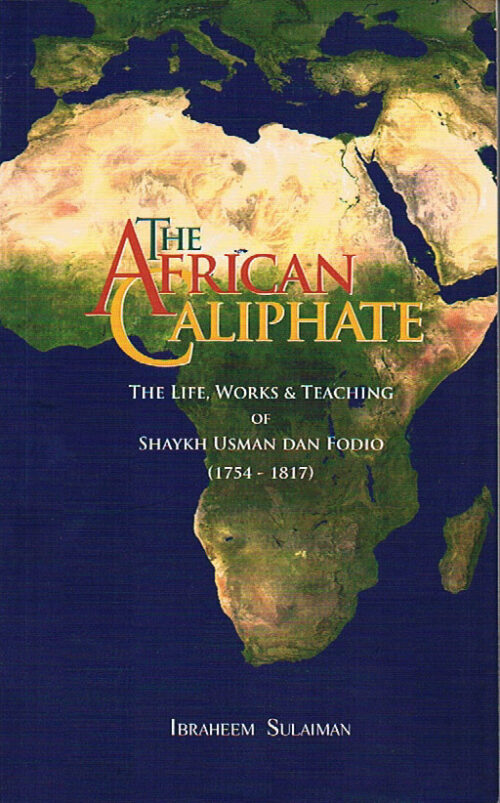
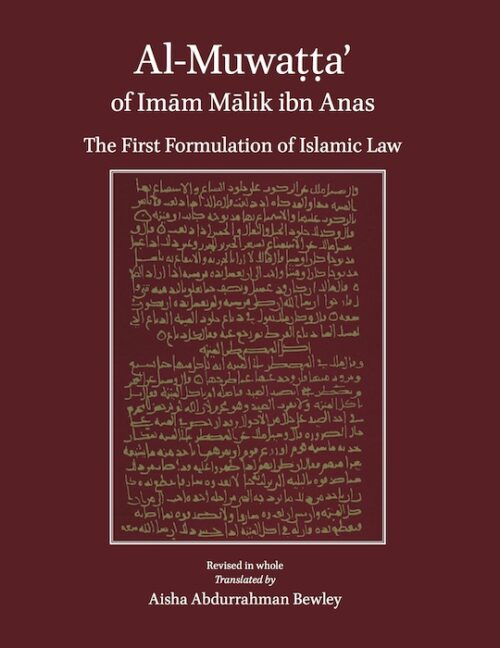
Reviews
There are no reviews yet.